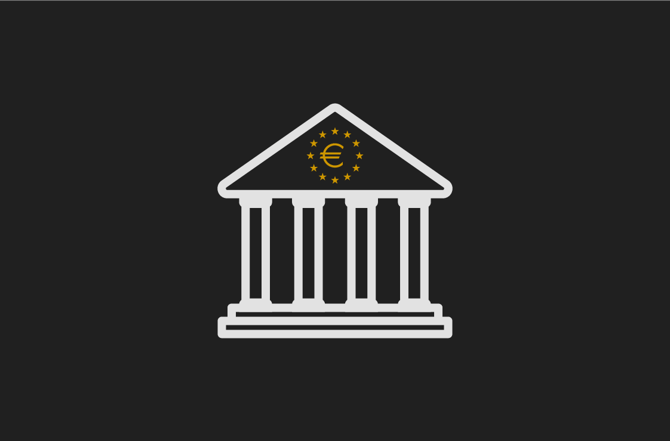European Central Bank Finally Hikes Interest Rates

The European Central Bank (ECB) on Thursday announced it would hike its key interest rate by a half percentage point.
This is the first time since 2011 that the ECB has raised rates, taking Europe's key rate back to zero. Interest rates in the EU have been negative since 2014.
The move comes as Europe battles record inflation that is being exacerbated by surging energy prices. Annual inflation in the European economic bloc leapt to a staggering 9.6% in June.
Investors were lukewarm on the news. The euro recently hit parity with the US dollar for the first time in 20 years and edged upward after the announcement, to trade at $1.02. European stocks were indifferent to the news.
The euro's weakness is not helping the situation with inflation as it means European companies must pay more for imports, including energy.
The ECB faces an uphill climb as it tries to stop the rapid upsurge in prices. Although the summer tourism season, pandemic-era savings and a strong job market continue to prop up Europe's economy, slow underlying GDP growth is giving unwelcome warning signs.
What does this mean for me?
The ECB is already far behind its peers in terms of monetary policy adjustments. However, it is not bracing for a recession just yet. Speaking at the rate announcement, ECB President Christine Lagarde indicated that the central bank would not panic, “From now on we will make our monetary policy decisions on a data-dependent basis. We will operate month-by-month and step-by-step.”
More News

Trump Drops Selected Tariffs in Response to Inflation Pressures

Tariffs on Mexico Test Nuevo Leon’s Industrial Momentum

US Moves to Ease Latin American Tariffs as Food Inflation Mounts

Japan Faces First GDP Shrinkage in Six Quarters as Tariffs Bite

India’s Inflation Dip Strengthens Case for RBI Easing

Europe Rallies as Shutdown Eases, Earnings Impress

Germany’s Trade Surplus Slides as Imports Outpace Exports
